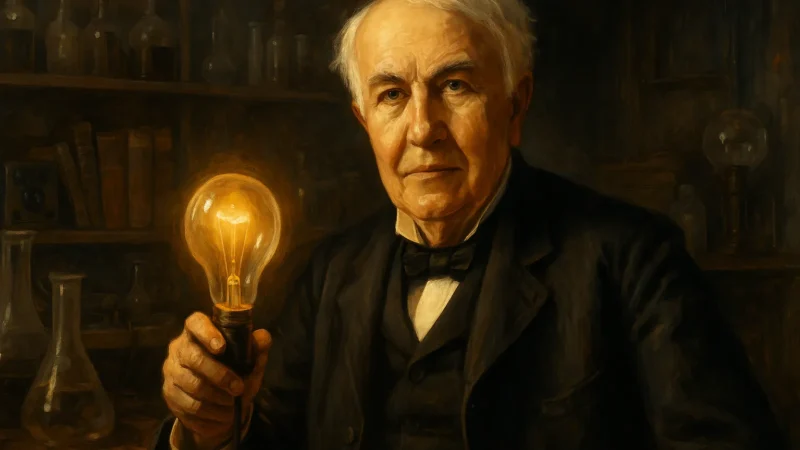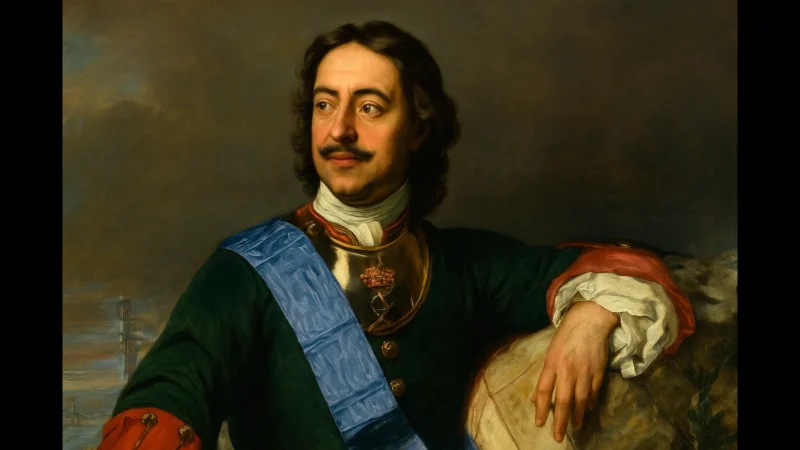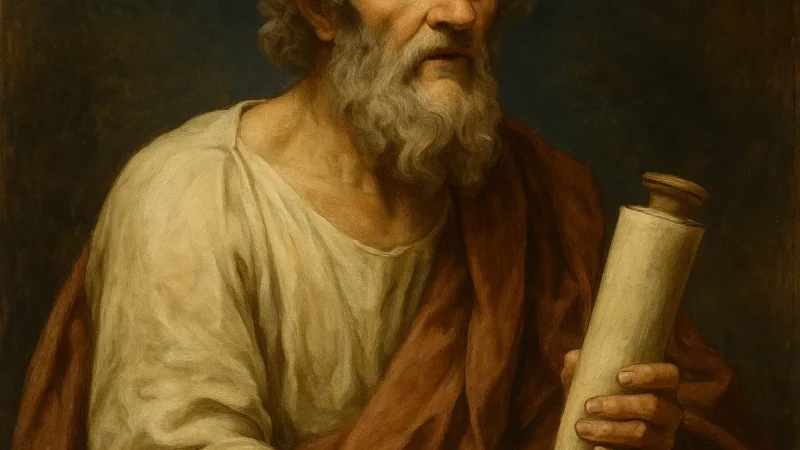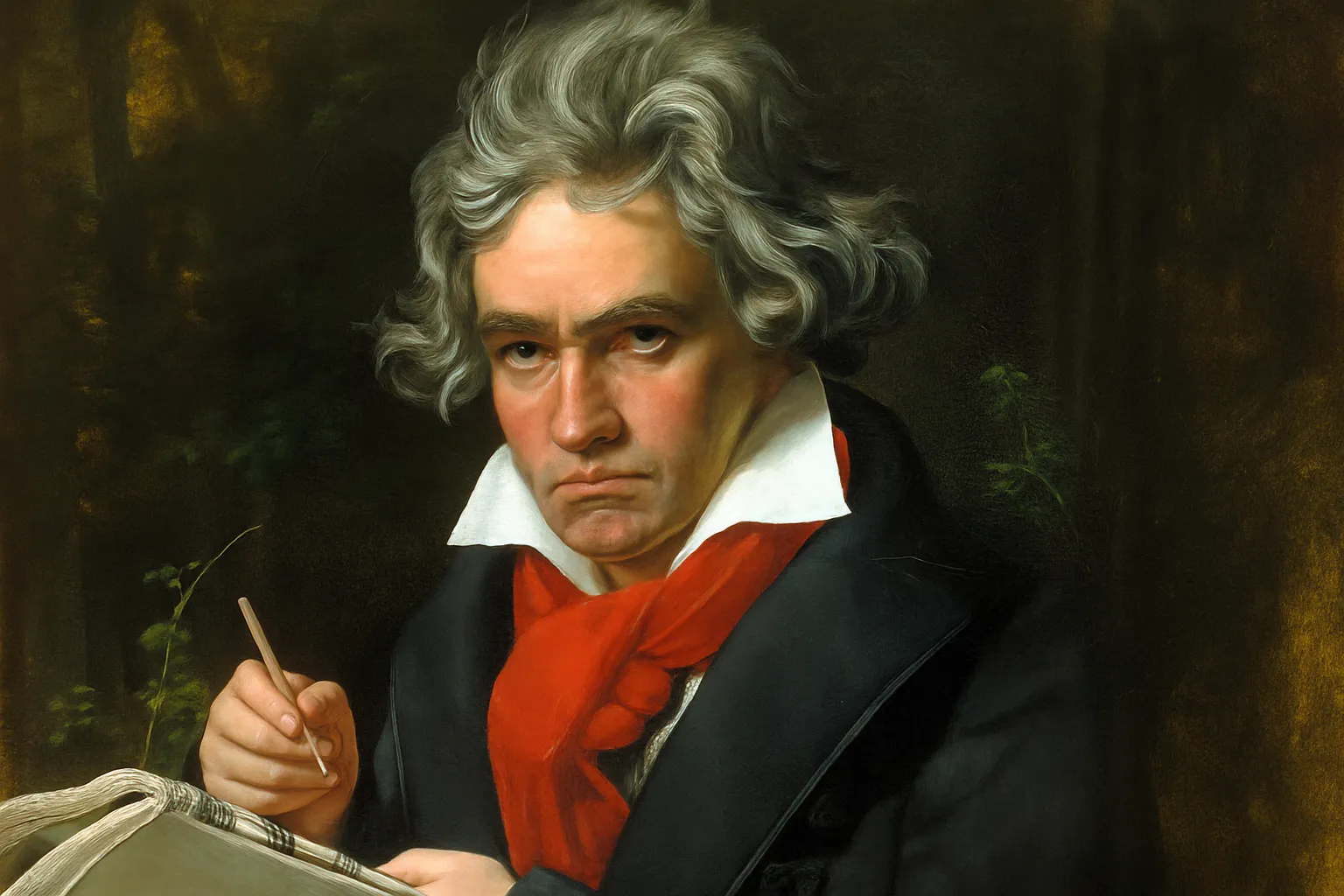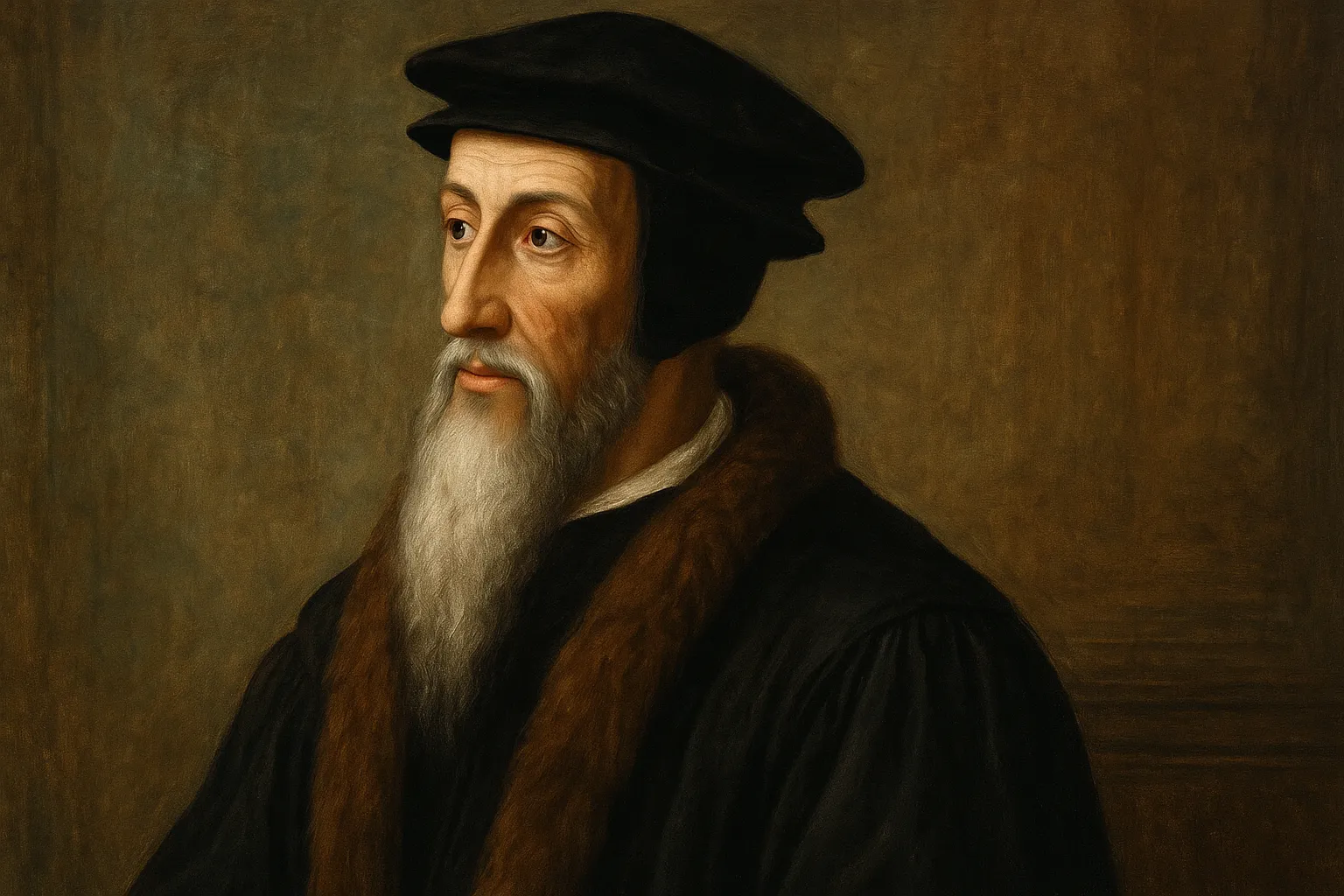Biography of Augustine of Hippo: Father of Western Christian Theology
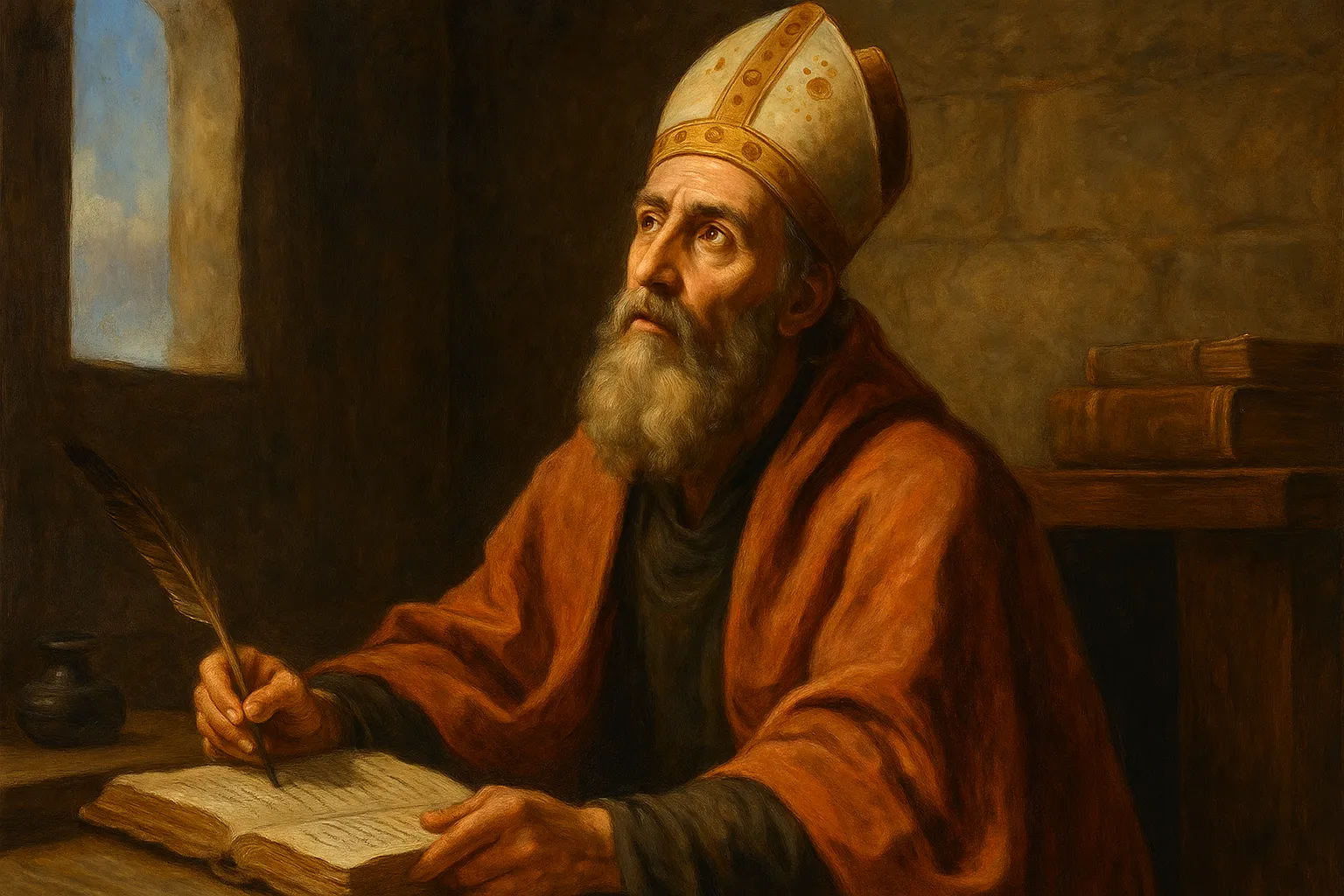
Augustine of Hippo (354–430), known as Saint Augustine, is one of the most influential figures in the history of Christianity. His thought has shaped theology, philosophy, politics, and Western culture for centuries. A theologian, philosopher, bishop, and prolific writer, his life represents a profound journey of spiritual search, intellectual struggle, and radical conversion. This biography explores his life, work, theological influence, and enduring legacy.
Origins and Early Life
Born in the Late Roman Empire
Augustine was born on November 13, 354, in Tagaste (modern-day Souk Ahras, Algeria), in the Roman province of Numidia, North Africa. His father, Patricius, was a pagan of modest means who converted to Christianity shortly before his death. His mother, Monica, was a devout Christian who played a crucial role in his eventual conversion.
From a young age, Augustine displayed great intellectual talent. He received a solid classical education in Tagaste and later in Carthage, studying rhetoric, grammar, and philosophy. His thirst for knowledge led him to explore diverse intellectual and spiritual paths.
Turbulent Youth and Search for Meaning
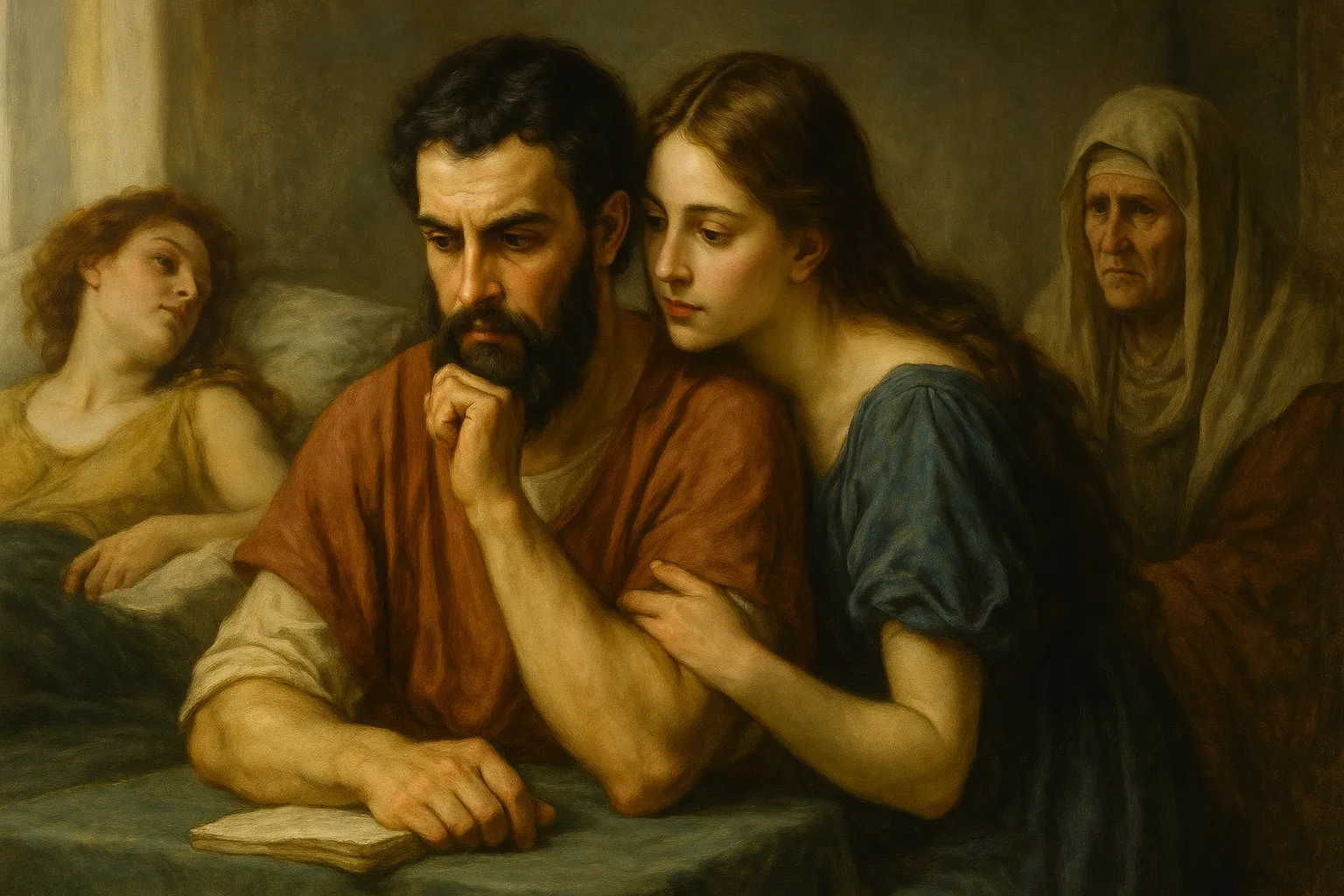
Worldly Temptations
During his student years in Carthage, Augustine lived a dissolute life. He engaged in relationships outside of marriage and fathered a son, Adeodatus, with a concubine. In his famous work “Confessions,” he recounts this period of restless pursuit of pleasure, recognition, and success.
Dissatisfied with his mother’s Christianity and seeking philosophical answers, Augustine joined the religious movement of Manichaeism for nearly a decade, attracted by its dualistic worldview of good and evil.
Intellectual Journey and Encounter with Neoplatonism
Disillusionment with Manichaeism
Manichaeism ultimately failed to satisfy Augustine’s intellectual quest. He began to question its cosmological and theological tenets, gradually distancing himself from its teachings through critical reflection and exposure to alternative philosophies.
Augustine then turned to Neoplatonism, particularly the works of Plotinus. This philosophical framework offered him a more sophisticated understanding of God, the soul, and evil—concepts he would later integrate into his Christian theology.
Encounter with Ambrose and Approach to Christianity
Pivotal Influences
In 383, Augustine traveled to Milan to serve as a professor of rhetoric. There, he met Ambrose, the city’s bishop, whose eloquence, biblical scholarship, and spirituality deeply impressed him.
Influenced by Ambrose, Scripture, his mother Monica’s prayers, and his own intellectual journey, Augustine moved gradually closer to orthodox Christianity.
Conversion to Christianity
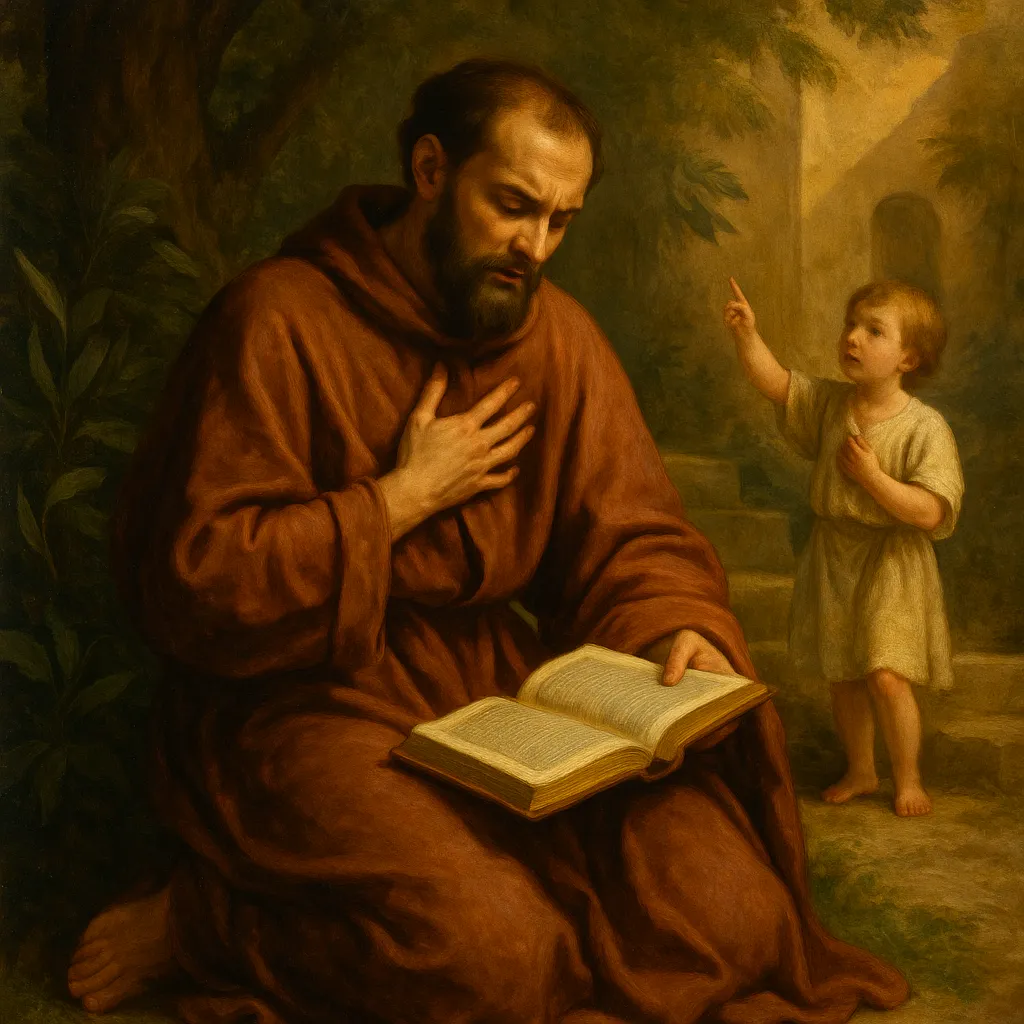
The Defining Moment
Augustine’s definitive conversion occurred in 386, in a garden in Milan. As recounted in his Confessions, while agonizing over his internal struggle, he heard a childlike voice saying, “Take and read.” Interpreting this as divine prompting, he opened the Epistles of Paul and read Romans 13:13-14, which sealed his decision to embrace the Christian faith.
In 387, he was baptized alongside his son Adeodatus by Ambrose during the Easter Vigil—a turning point that transformed his life.
Return to Africa and Monastic Life
Founding Religious Communities
Following the deaths of his mother and son, Augustine returned to Africa in 388. In Tagaste, he sold his possessions and founded a small monastic community dedicated to study, prayer, and spiritual formation.
His monastic life was brief, as his reputation quickly grew, drawing attention from the African church hierarchy.
Bishop of Hippo
Spiritual Leader and Theologian
In 391, Augustine was ordained a priest in Hippo (modern Annaba, Algeria), and in 395, he was consecrated bishop—a role he would fulfill until his death. As bishop, Augustine engaged in intensive pastoral, theological, and polemical activity:
- Regular preaching.
- Combating heresies such as Donatism, Manichaeism, and Pelagianism.
- Training clergy.
- Producing extensive theological writings.
His episcopacy positioned him as the central figure of African Christianity and a pillar of the universal Church.
Major Works
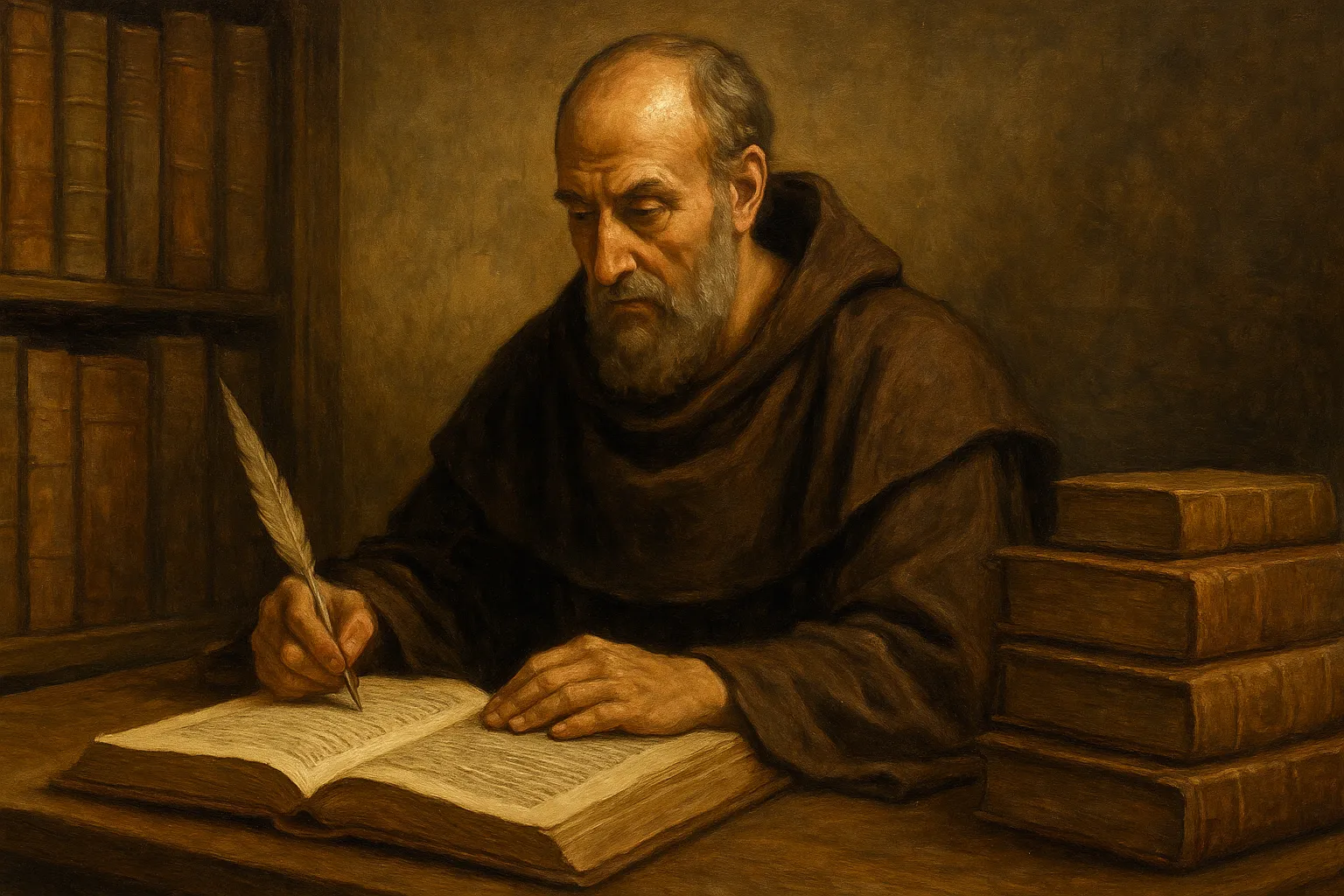
Monumental Intellectual Legacy
Among his numerous writings, his most notable works include:
- Confessions (397–400): a spiritual autobiography reflecting on grace and the search for God.
- The City of God (413–426): his most ambitious work, exploring history, politics, and humanity’s ultimate destiny in contrast to earthly empires.
- On the Trinity (399–419): a profound treatise on the doctrine of the Trinity.
- Hundreds of letters, sermons, and theological treatises.
Augustine’s ability to synthesize classical philosophy with Christian revelation marked the beginning of systematic theology, profoundly influencing later generations.
Theological Controversies: Pelagianism
Defender of Divine Grace
One of Augustine’s most significant theological battles was against Pelagianism, which minimized original sin’s impact and claimed that humans could achieve salvation through their moral efforts alone.
Augustine staunchly defended the necessity of divine grace, predestination, and humanity’s radical weakness following Adam’s fall. His doctrine of grace would deeply shape both Catholic and Protestant theology.
The City of God: His Political Masterpiece
Reflections on History and Providence
In “The City of God,” written after the sack of Rome by the Visigoths (410), Augustine presents a providential view of history. He distinguishes between:
- The City of God: composed of those who love God and seek eternity.
- The Earthly City: dominated by self-love and worldly passions.
This dual framework profoundly influenced Christian views of history, the role of the state, and Church-society relations for centuries.
Final Years and Death
Final Testimony Amid Turmoil
Augustine died on August 28, 430, while Hippo was under siege by the Vandals. He spent his final days in prayer, meditating on the Psalms, surrounded by his disciples, leaving behind a vast doctrinal legacy.
His remains were later transferred to Pavia, Italy, where they rest today.
Critical Evaluation of His Legacy
Father of Western Christian Theology
Augustine is universally recognized as one of Christianity’s greatest thinkers:
- Systematic theologian who merged classical philosophy with biblical revelation.
- Profound spirituality that transcends the centuries.
- Foundational influence on Christian dogma regarding original sin, grace, free will, evil, and the Trinity.
- Inspiration for both Catholicism and Protestantism (particularly for Luther and Calvin).
Nonetheless, his views on predestination and human nature have sparked extensive later debate.
His Legacy in History
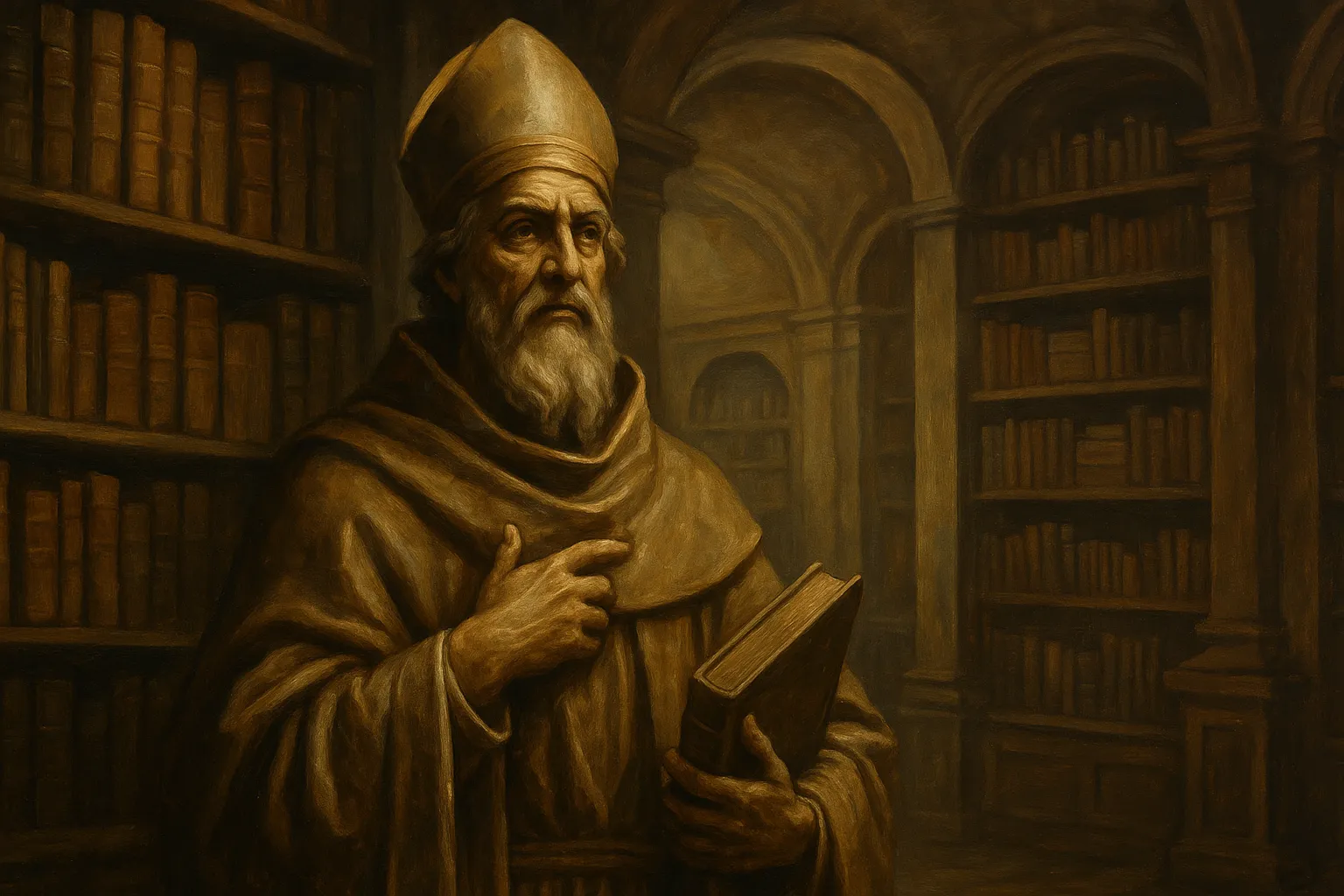
An Enduring Influence
Augustine’s thought pervades the history of Western philosophy and theology:
- Influence in the Middle Ages: Thomas Aquinas, Anselm, Boethius.
- Inspiration for Protestant Reformers.
- Relevance in modern debates on evil, freedom, and history’s meaning.
- Foundational figure for existential and personalist philosophy.
His capacity to pose the great existential questions continues to resonate in contemporary thought.
The life of Augustine of Hippo is one of the most captivating journeys in intellectual and spiritual history. From restless youth to faith, profound reflection, and tireless pastoral service, his legacy remains a cornerstone of Western Christianity.
His insights on God, humanity, evil, grace, and history offer both illuminating answers and eternal questions. Augustine not only shaped his era—he continues to engage every generation seeking to understand the mystery of human existence.

